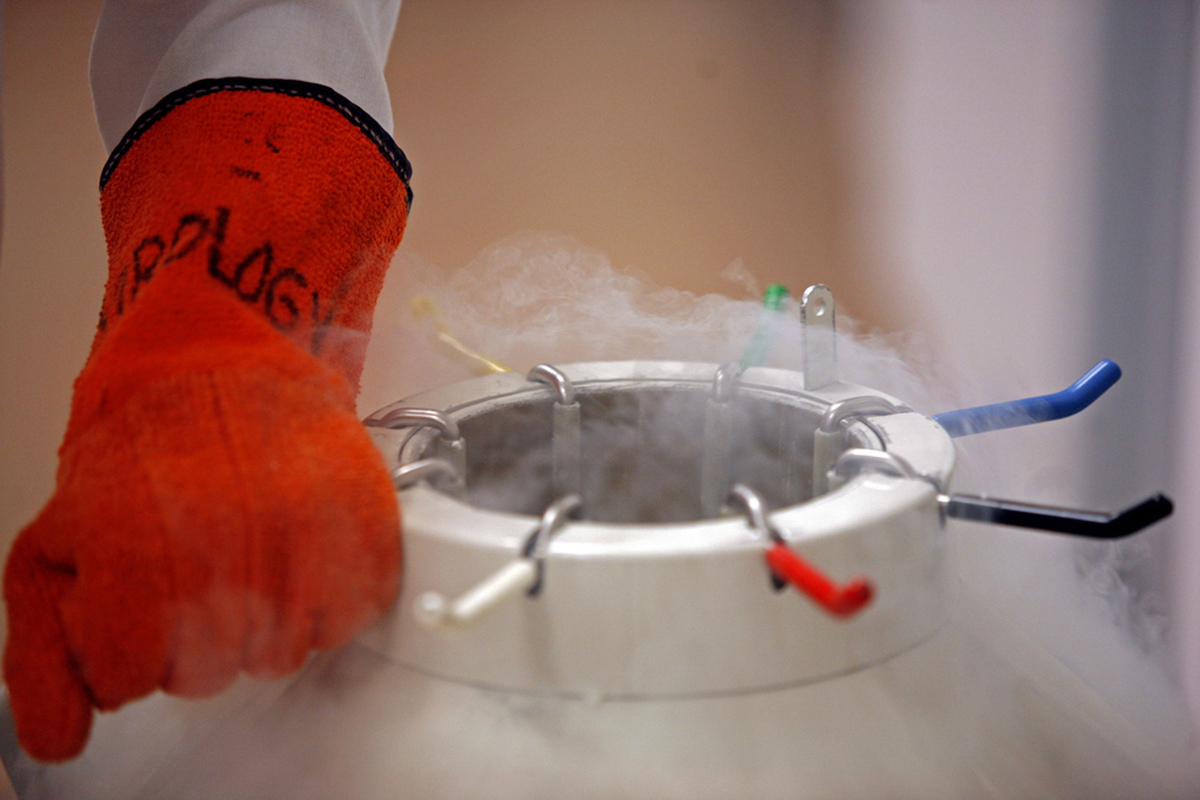Table of Contents
There will be huge advantages to using Prochymal to treat heart disease if the product is finally approved by the FDA. As this article is being written, it is still in stage 3 clinical testing. The stem cells are harvested from bone marrow from anonymous donors. They are purified so that they do not transmit diseases. They can be grow in large quantities in the laboratory, and they are given to patients through a simple IV, not requiring a surgical procedure. The procedure for infusing the stem cells only takes 20 to 70 minutes, and no anesthesia is required. If the patient is already at home, an additional hospital stay is not needed.

Prochymal-treated patients develop stronger hearts that beat more regularly, and side effects from the treatment are no greater than an ordinary blood transfusion. When the product is administered in a timely fashion after a heart attack, scar tissue does not form, and some recipients have recovered normal heart function in as little as two months. Adverse events can occur even after the administration of the product, but in clinical trials, only 11% of all patients had any kind of problem with the product, and none of the side effects was considered "serious."
- Both groups had infections, but they were somewhat more common in patients treated with Prochymal.
- About 10% of the patients treated with Prochymal developed symptoms of an autoimmune complaint, compared to none in the placebo group.
- Some patients in both groups had to go back to the hospital, slightly more in the Prochymal treatment group than in the placebo group. Patients in the Prochymal group, however, stayed out of the hospital longer than those who were given the placebo. A majority of patients in both groups stayed out of the hospital for six months after their heart attacks.
- Gastrointestinal disorders were more common in the treatment group than in the placeob group, although 2/3 of both groups were free of gastrointestinal symptoms.
- Patients in both groups experienced setbacks during their recovery from heart attack. On the whole, patients given Prochymal had fewer setbacks and adverse symptoms as they recovered.
See Also: Ten Things About Stem Cell Transplants Potential Recipients Need To Know
Prochymal is currently only available in clinical trials. There are no natural products that do the same thing as Prochymal, and foreign clinics cannot give you real stem cells through any safe and simple method. The developer of Prochymal recently sold its stem cell business to Australian biotech firm Mesoblast, which is enrolling patients in phase 2 trials.
- Hare JM1, Traverse JH, Henry TD, Dib N, Strumpf RK, Schulman SP, Gerstenblith G, DeMaria AN, Denktas AE, Gammon RS, Hermiller JB Jr, Reisman MA, Schaer GL, Sherman W. A randomized, double-blind, placebo-controlled, dose-escalation study of intravenous adult human mesenchymal stem cells (prochymal) after acute myocardial infarction. J Am Coll Cardiol. 2009 Dec 8.54(24):2277-86. doi: 10.1016/j.jacc.2009.06.055.
- Photo courtesy of Mike Jones by Wikimedia Commons : en.wikipedia.org/wiki/Stem_cell#mediaviewer/File:Stem_cells_diagram.png
- Photo courtesy of Lwp Kommunikáció by Flickr : www.flickr.com/photos/lwpkommunikacio/12971583774


Your thoughts on this